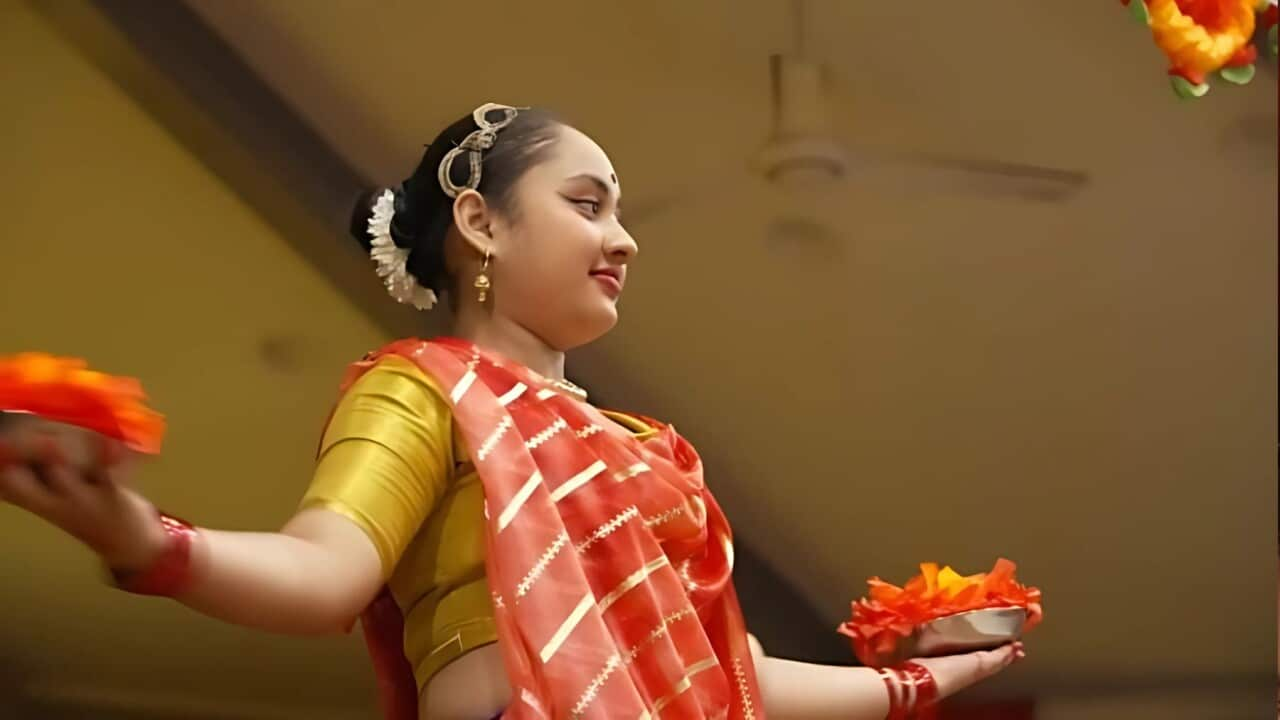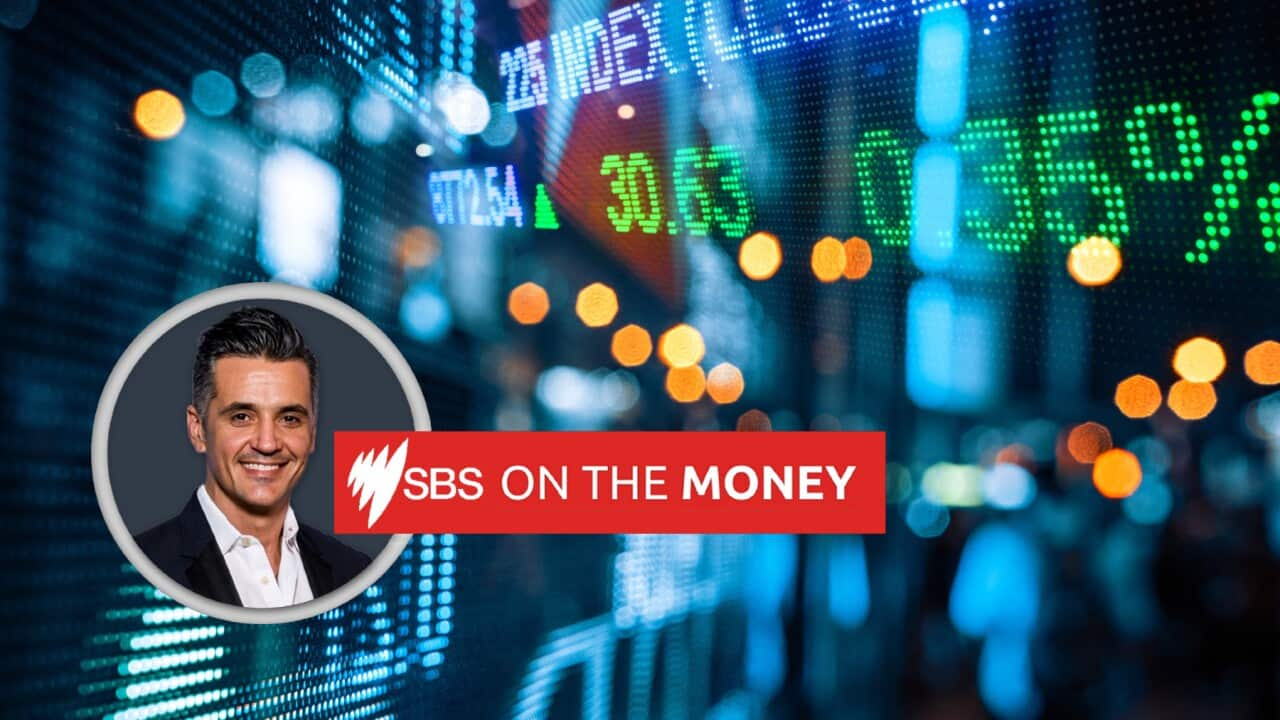Produced with assistance from SBS Hindi and Spice
TRANSCRIPT
It’s a celebration marking the victory of light over darkness -
And here at a Diwali celebration in Fiji’s capital, it’s a message that resonates.
This is Sharda Nand, the President of the Fiji Hindu Society.
“During Diwali all our friends and family, even neighbours they come to your place, and we share and care, so these are hidden knowledge within this celebration.”
The festival of lights was once confined to the Indo-Fijian community,
But now it’s being embraced across the country.
“Fiji is a multi-racial country, and Diwali is what brings many cultures together.”
“For me it's love and happiness because we are together, Indians and Fijians.”
Diwali has been observed in Fiji since 1879, following the arrival of Indian indentured labourers brought here under the British Empire, to work predominantly on sugar cane plantations.
The majority of the Indo-Fijian community are descendants.
India's High Commissioner to Fiji, Mr Karthigeyan.
“There were little more than 60,000 Indians who came from British India to Fiji. They were completely uprooted and told they were going somewhere close by, to Kolkata, but they never knew what was in store for them.”
Since the 1980s there have been four coups in Fiji - each with links to ethnic tension between Indigenous Fijians and Indo-Fijians.
Mahendra Chaudhry was Fiji's first Prime Minister of Indian ancestry, but in 2000 he and most of his cabinet were held hostage for almost two months, after a civilian coup backed by a faction of the military and led by George Speight stormed parliament.
Mr Chaudhry is the current leader of the Fiji Labour Party.
“There was a lot of violence, people lose their lives, Indians were terrorised they were driven out of their homes. Half of Suva city was raised, and shops were burned and looted.”
Fiji's current prime minister, Sitiveni Rabuka was the instigator of two military coups in 1987.
He's now urging Fijians to come together despite divisions of the past.
“The realities of multicultural countries living with democracy and various types of electoral systems and methods - must accept that one stage it will be the numbers that decide who runs the country.”
The government is enacting a truth and reconciliation commission this year to address these issues.
“Social cohesion has been what has given Fiji life, after the tribal era and the event of British colonialism, that has been the way to go.”
While Christianity is the leading religion in Fiji, there is a growing movement for the population to embrace all religious festivals, regardless of faith.
This is Mahendra Chaudhry again.
“It’s one good social cohesion sign that we celebrate each other’s festivals and I think if we can do that we can get closer in other areas too.”













